 |
| View of the National Conference summarizing 10 years of anti-corruption and anti-negativity work in the period 2012-2022. Photo: TXVN |
Responding to the requirements of anti-corruption and negativity in law enforcement
Although the legal proceedings are relatively strict, they cannot bind all arising issues, especially issues leading to corruption and negativity. The Party's regulations cannot cover all processes and do not attach responsibility to Party organizations and leaders in law enforcement agencies.
In fact, in recent years, the work of preventing and combating corruption with a series of cases discovered and handled has shown great determination and great efforts in the entire political system. The results achieved affirm that the Party's leadership in litigation activities has been directed resolutely, without forbidden areas, without exceptions and brought to strict trial. The quality of activities of the litigation agencies has also been improved, contributing significantly to the fight against crime, protecting the rule of law and the legitimate rights and interests of the State and citizens.
Although the procedural regulations are strict, the enforcement of agencies and individuals still find ways to "circumvent the law", intentionally violating the law for personal gain. Violations are no longer individual phenomena, but in some places they are collective. A typical example is the violation at the Do Son District Police (Hai Phong), 13 officers and commanders of the Phu Tho Hoa Ward Police (Tan Binh, Ho Chi Minh City) all had the same behavior of arresting drug violators and then not handling them according to the law, illegally collecting money. A series of officers of the enforcement agencies in Quang Ninh and Phu Tho abused the pre-release of subjects in the gambling case worth thousands of billions of dong. There are many judges in some provinces who accept bribes to reduce the sentence for criminals. Recently, the Inspectorate of the Ministry of Justice concluded that the Director of the Enforcement Department of Thua Thien Hue province showed signs of abnormality, violated personnel work, spent money in violation of regulations in construction repair and professional training expenses.
Towards a clean and transparent judiciary
Regulation 132 clearly states the content, principles, and methods of controlling power, preventing and combating corruption and negativity in litigation and execution activities, and clearly indicates the responsibilities of Party committees and individuals, especially leaders. Article 6 specifically states 28 acts of taking advantage of positions and powers, abusing power in litigation and execution activities, and a number of other acts. These contents have been expressed in Regulation No. 37-QD/TW on "Things Party members must not do", but have been upgraded to a more strictly binding regulation. Specifically expressed as: "Do not interfere with or influence the activities of inspection, supervision, auditing, investigation, prosecution, trial, execution of judgment, amnesty, settlement of complaints and denunciations to cover up or assist in violations of Party regulations and State laws. And the act of "giving or receiving gifts in any form to influence organizations and responsible persons leading to wrong decisions, benefiting oneself or individuals, organizations, agencies, and enterprises". That sanctions the leaders, direct enforcement officers and those involved in the litigation process.
The implementation of Regulation 132 is not only a mechanism but also a step-by-step implementation of Resolution 27-NQ/TW dated November 9, 2022 on continuing to build and perfect the socialist rule-of-law state of Vietnam in the new period. The requirement is to perfect the mechanism for controlling state power; to strengthen the prevention and fight against corruption and negativity according to Conclusion No. 21-KL/TW of the Central Executive Committee on promoting the work of building and rectifying the Party and the political system. However, on the online community, there are opinions and reactions from a number of organizations opposing this regulation.
They argue that: “The legal regulations already exist, but the Party adds more to make them more complicated”, “emphasizes the nature of Party rule, erases the nature of rule of law”, “vetoes the law”, “does not guarantee objectivity”, “creates more games for Party rule in society”. Those arguments are just tricks to blacken the fight against corruption in Vietnam; distort the efforts and policies of the Party and State in controlling power, preventing and combating corruption and negativity. If the Party’s regulations are not against the law, not wrong in terms of policies, then why would outsiders interfere!
Regulation 132, issued in the context of Vietnam stepping up the fight against corruption in conjunction with the work of Party building and rectification with power control, is in line with reality and meets the requirements. Regulations on controlling power from the root are not only an effective measure, preventing and warning those who intend to commit corruption, but also have the meaning of expanding the scope of impact to many other areas. Aiming at the goal of building an increasingly clean and transparent judicial system, power always comes with obligations and responsibilities, any act of taking advantage to commit violations will be strictly handled. Regulation 132 once again affirms the determination to control power; prevent and combat corruption and negativity, and is trusted and supported by cadres and people.
Source


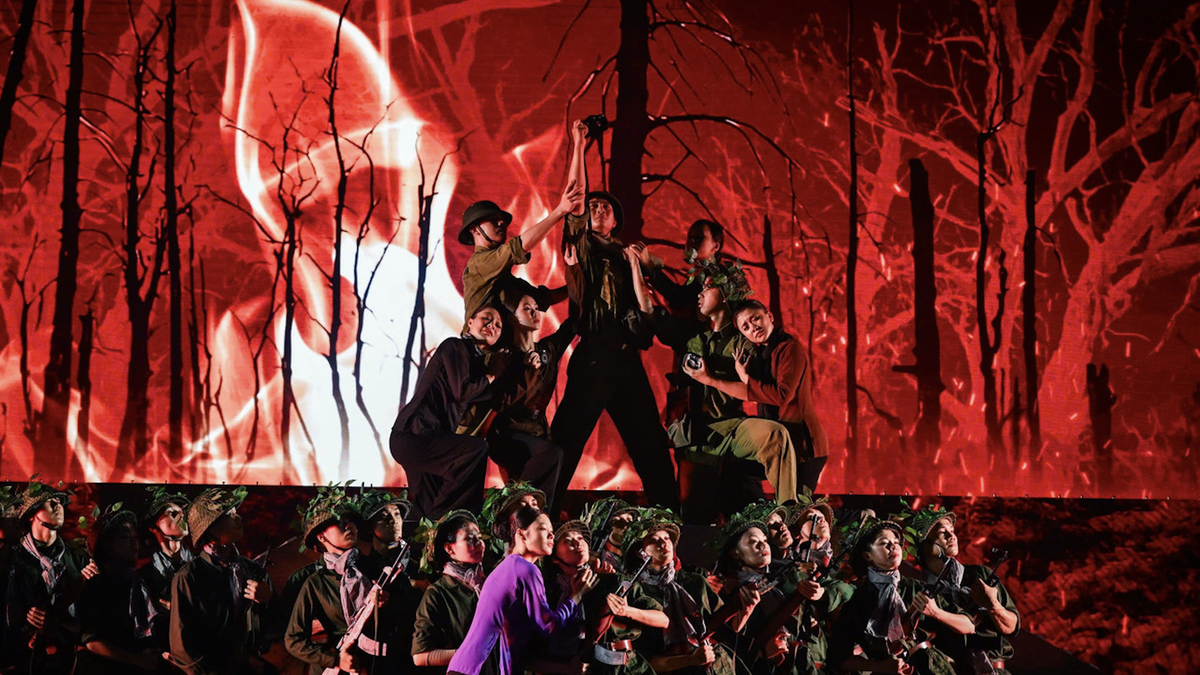
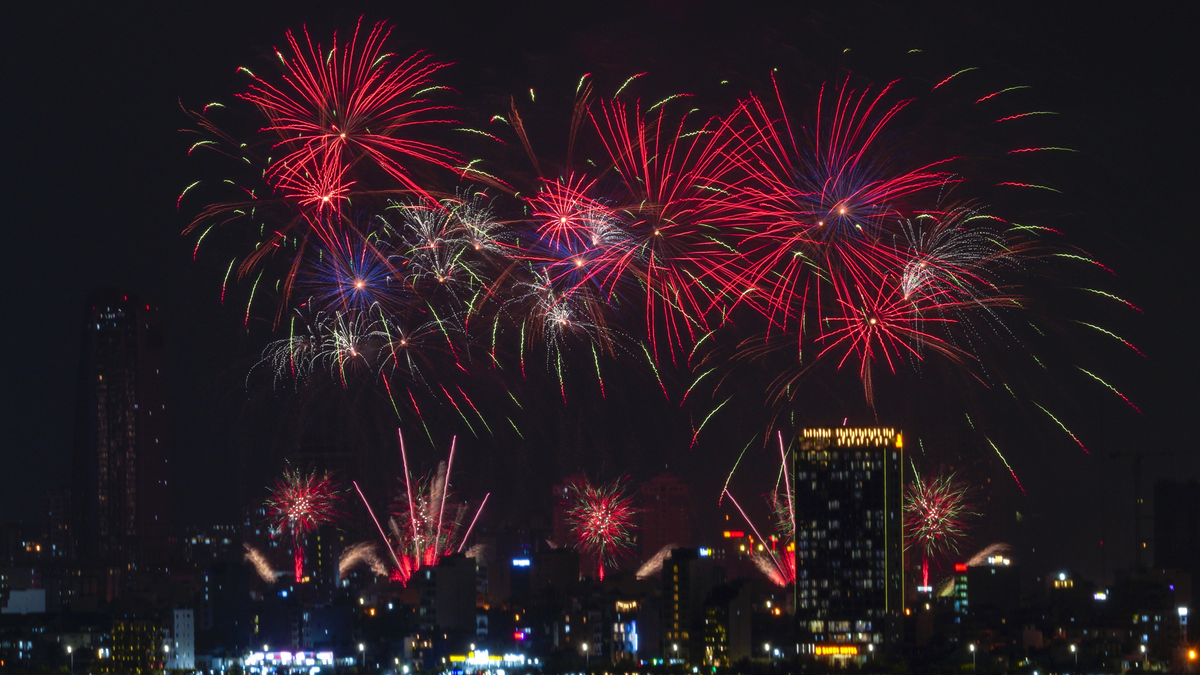

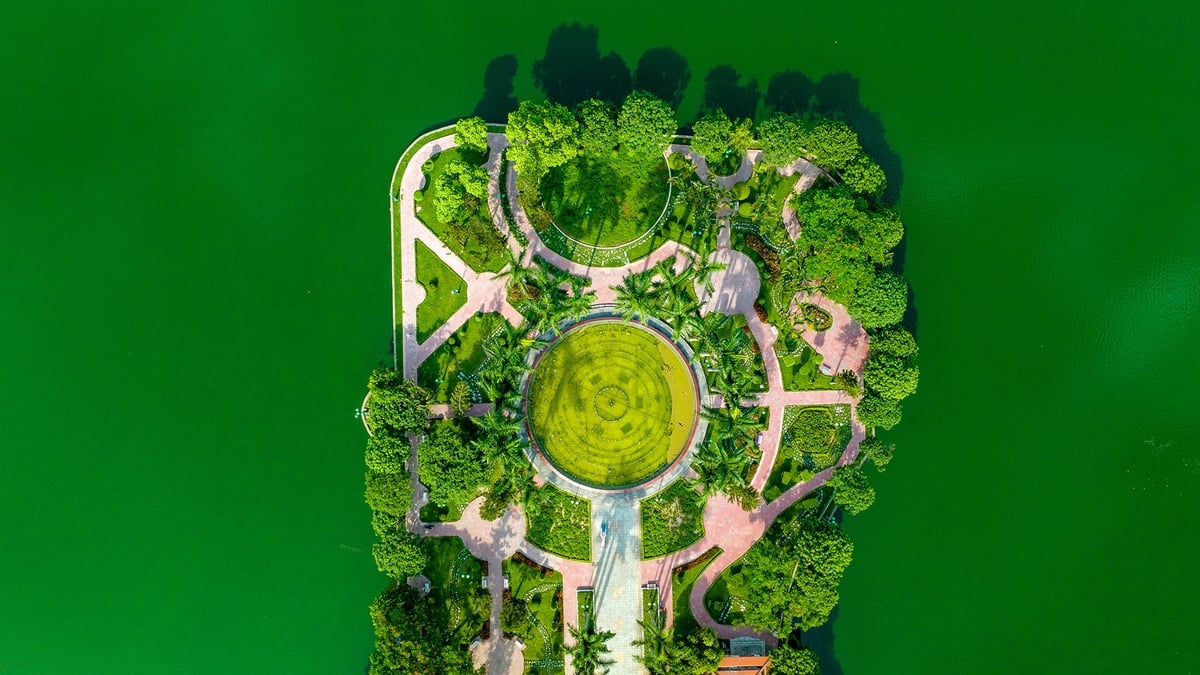
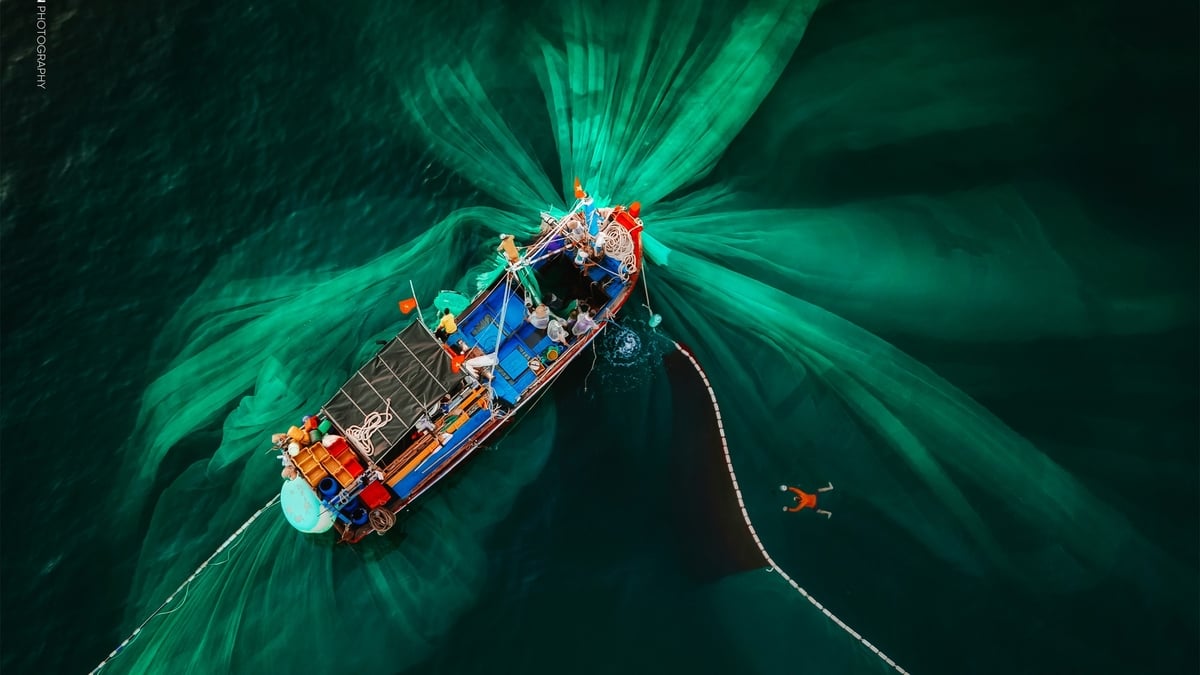

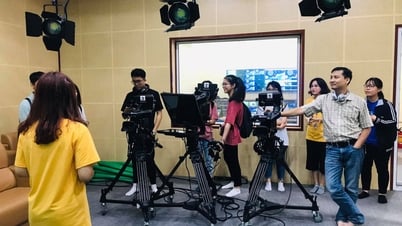

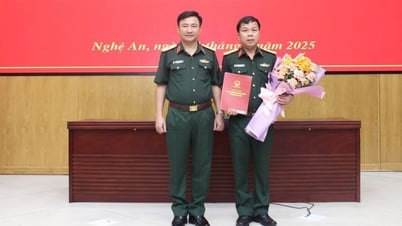
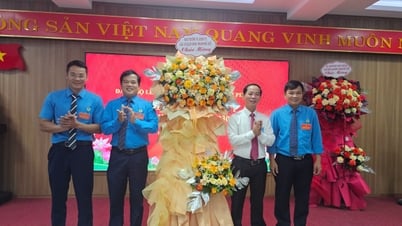
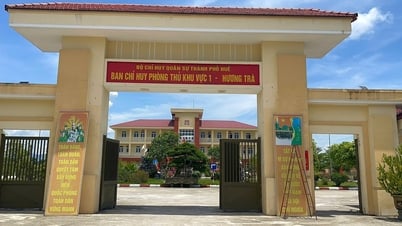
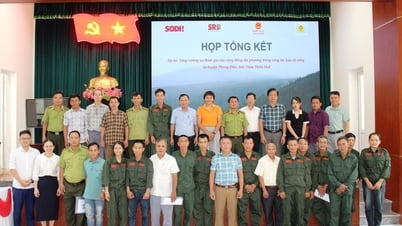
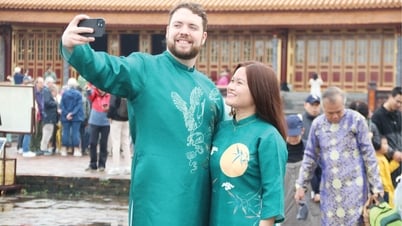







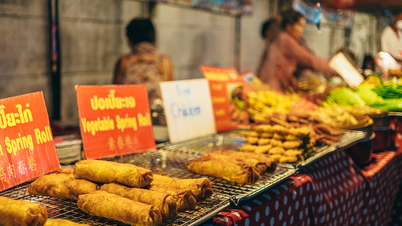


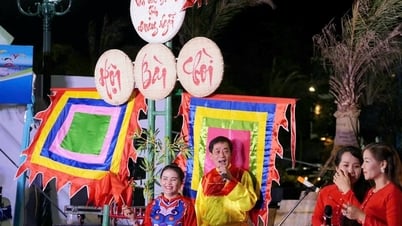

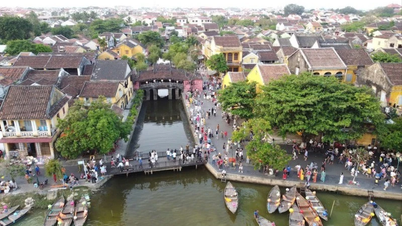

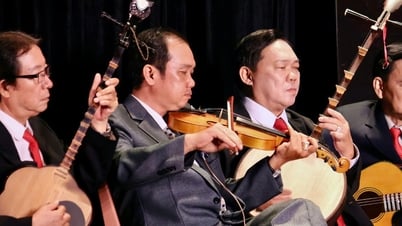

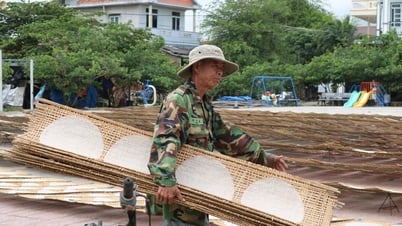




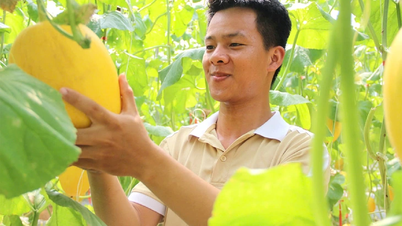
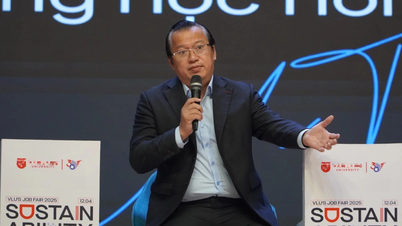
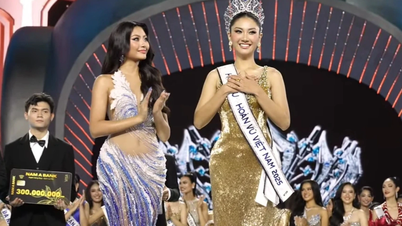


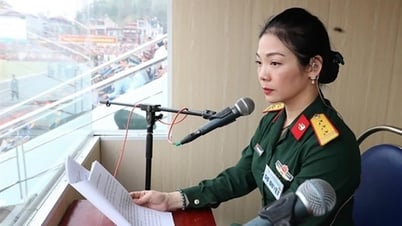




![[Maritime News] Wan Hai Lines invests $150 million to buy 48,000 containers](https://vphoto.vietnam.vn/thumb/402x226/vietnam/resource/IMAGE/2025/6/20/c945a62aff624b4bb5c25e67e9bcc1cb)

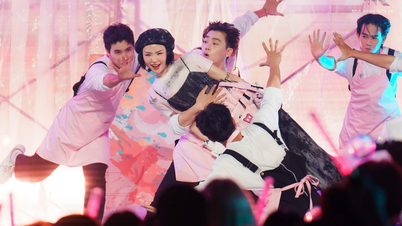
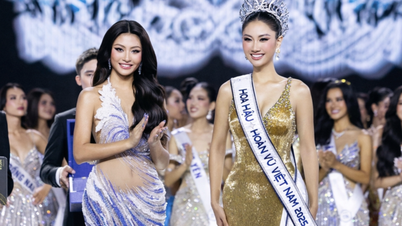


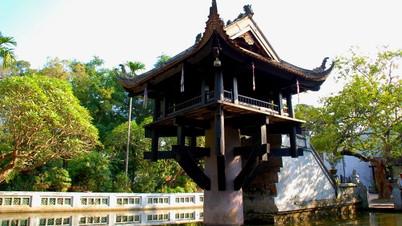
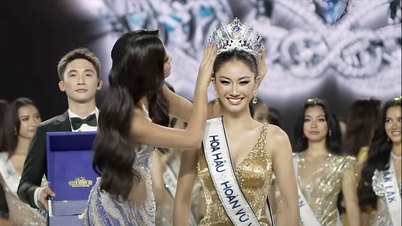
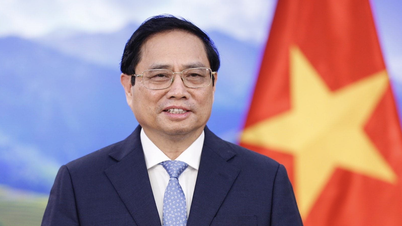

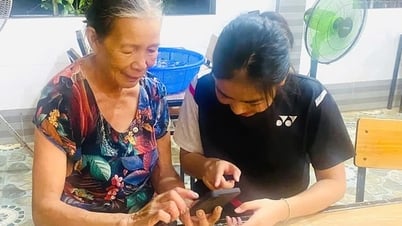

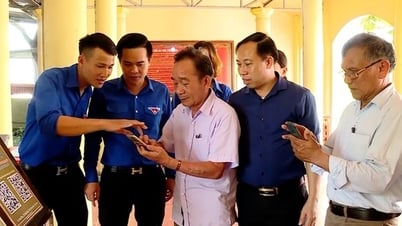
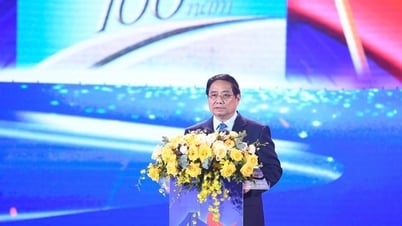

![[Infographic] Party Committee of the Ministry of Culture, Sports and Tourism: Marks of the 2020 - 2025 term](https://vphoto.vietnam.vn/thumb/402x226/vietnam/resource/IMAGE/2025/6/22/058c9f95a9a54fcab13153cddc34435e)
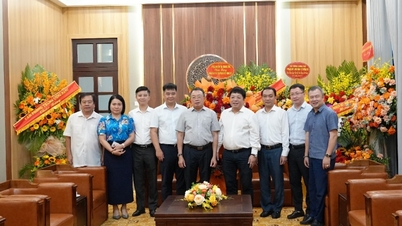




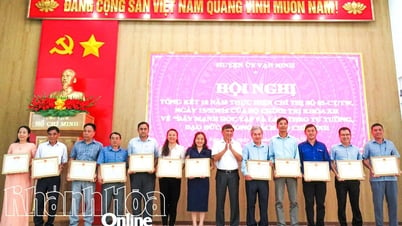
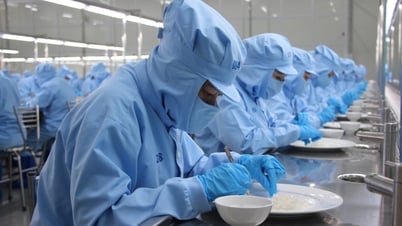


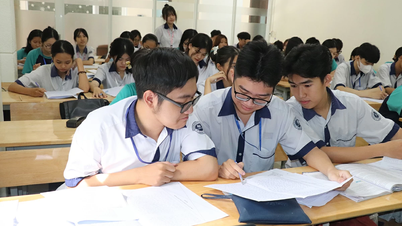
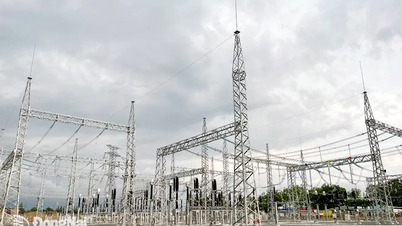









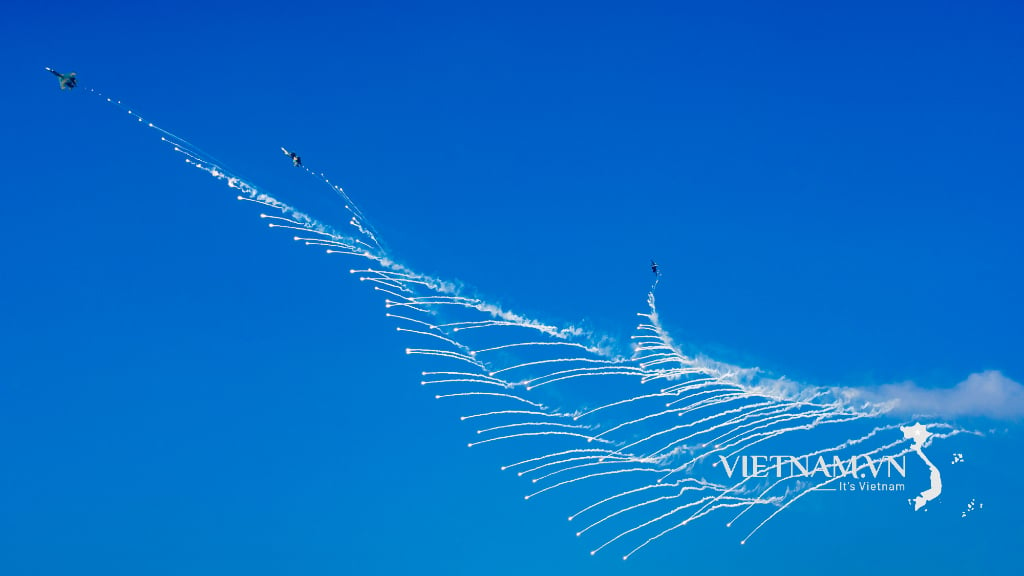
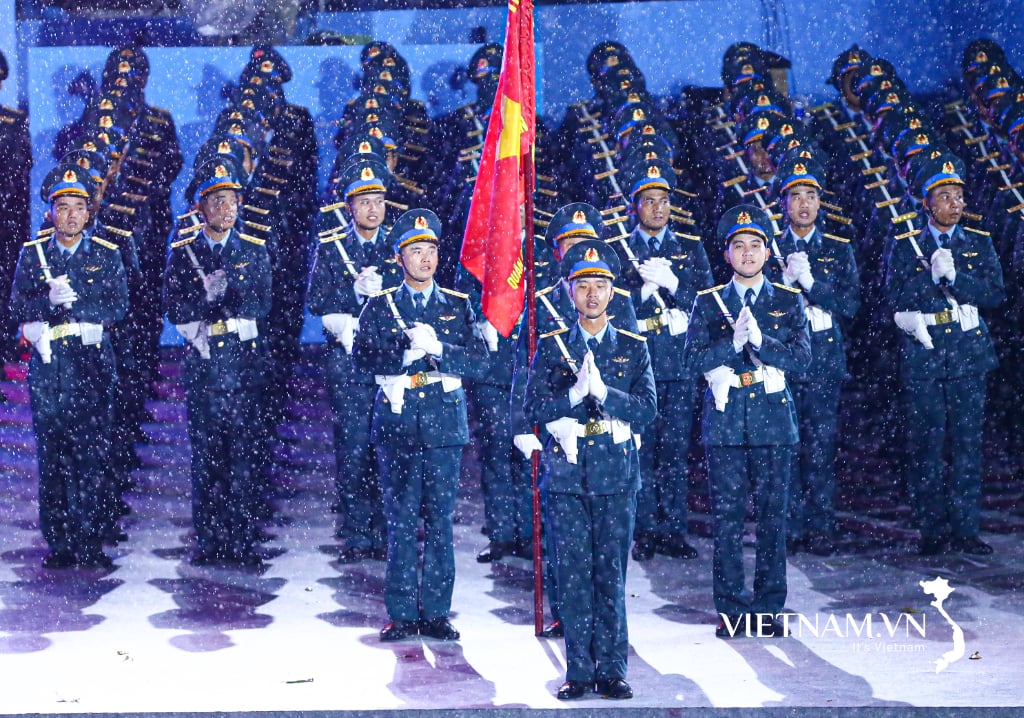

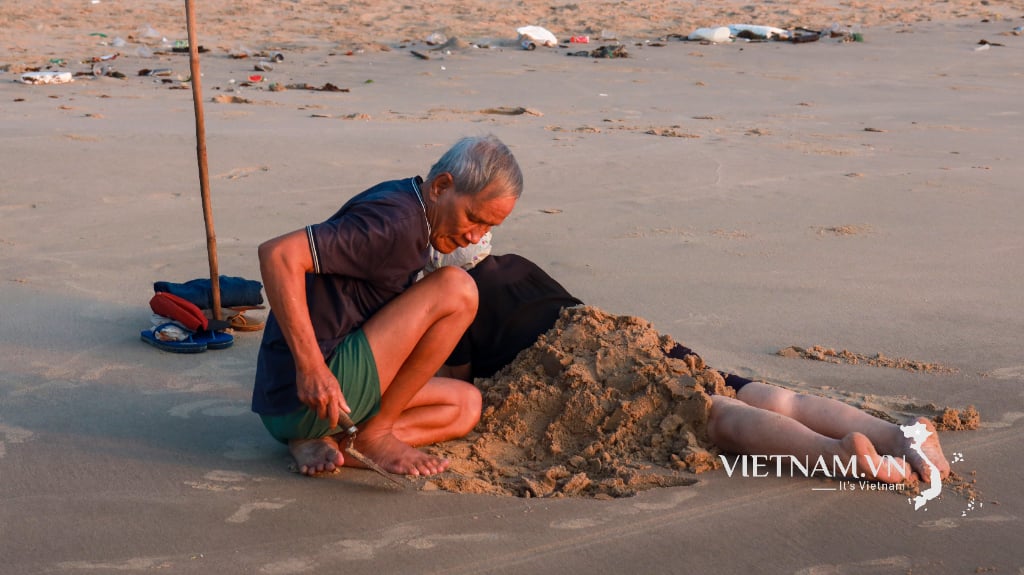
Comment (0)